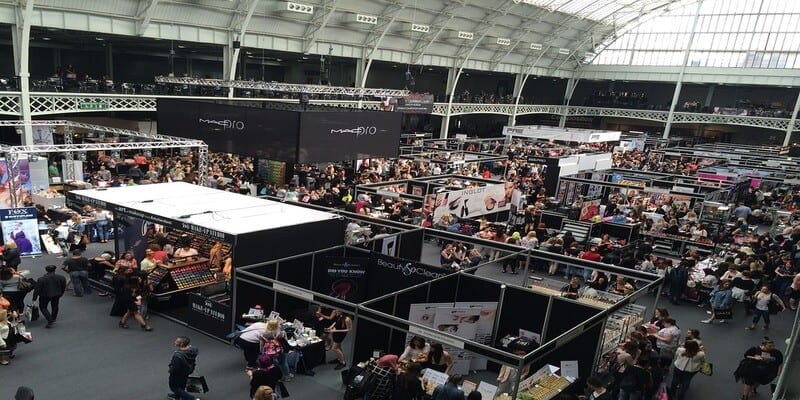What Buyers Can Learn at HR Tech Trade Shows


Trade shows and conferences are an important part of HR technology landscape, to the point where some business leaders wonder if these gatherings in Las Vegas, Orlando, Austin and other points around the map exert an undue influence on customer buying decisions.
Most people in HR tech say attending the right conferences is a worthwhile way to see the newest technology, go through hands-on demos and closely question sales staff. And, they point out, much business gets done outside the exhibit floor as customers and vendors, partners, colleagues, consultants, analysts and others compare notes in the hallways, bars and receptions hosted by one provider or another.
In addition, HR tech trade shows offer buyers an under discussed benefit: the chance to learn about things they didn’t know they should learn about. While big vendors tend to dominate the exhibit floor with plush booths and lots of staff, the trade show’s far corners are home to a variety of startups and other companies that offer products that can be cost-effective alternatives, if not entirely new ways to attack a problem.
Because WorldatWork, INDEED America, SHRM and HR Tech Conference Toronto, to name just a handful, are quickly approaching, the release of new research from the HR Marketing Institute is timely. The report’s goal was to shed light on how customers decide which technical solutions to pursue and whether the time and effort vendors put into their exhibit hall presence pays dividends.
Shows for Vendors
For vendors, the good news is most prospective customers do, in fact, walk the exhibit floor. The bad news is they only attend one or two trade shows a year. Specifically, 63 percent of buyers fall into that category. About a fifth, 21 percent, don’t plan to attend any shows next year, while just 16 percent will attend three or more. Once they get to a trade show, prospects are likely to navigate the exhibit hall’s maze. Sixty-seven percent said they always do, while 29 percent sometimes do and only 3 percent stay away.
To researchers, these numbers indicate that HR Tech vendors are in something of a tough spot: There’s opportunities to be found at trade shows, but customers go to relatively few of them. That means vendors should be present at a wide range of events if they’re to connect with the greatest number of most active prospects.
Shows for Buyer’s
Buyers, of course, have a different calculation to make. Their agenda is to learn about the features and capabilities of different products, and perhaps get a read on long-term trends, related to both technology and the workforce, that might impact their decision-making over the long term.
According to the HRMI, floor exhibits go a long way toward helping buyers achieve those goals. The fact that nearly all respondents visit the exhibition floor at one point or another indicates they provide “unique opportunities to learn,” the report says. HR tech buyers “should look for ways to maximize the value of these learning opportunities.”
About the writer: When not editing the HCM Technology Report, Mark Feffer reports on workforce issues and recruitment, analytics, technology, and careers. His work appears regularly in HR Magazine, SHRM Online, Dice and on a number of corporate websites.
Looking for more? Download our talent management buyers guide and check out the top-24 products available in the market with full page vendor profiles, key capabilities and questions to ask before purchasing. For those just starting the talent management software search process, this is truly the best resource to help get you going.



















